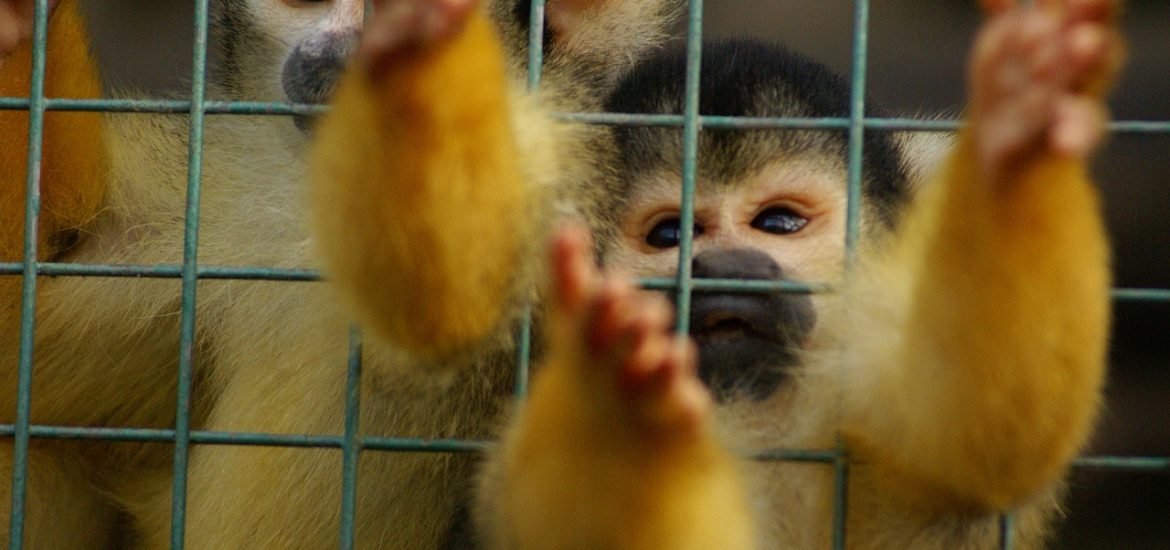
Researchers at the University of Sheffield, UK, warn that wildlife trade could alter key ecological processes in some of the world’s most biodiverse regions, according to a study published in Nature.
“When we remove or deplete certain species for trade, we risk changing the myriad of interconnected services that the ecosystem provides. This is similar to removing bricks from a building – if we remove too many, we risk the whole building crumbling down. But at present, we understand frighteningly little of the scale of the issue or its wider implications for ecosystems,” said Dr. Oscar Morton from the University of Sheffield’s School of Biosciences.
The team found that in large areas of the world, many distinct species are targeted for trade, potentially creating significant losses of evolutionary history and altering key ecological processes. This happens especially in the tropics, including areas of South-East Asia and sub-Saharan Africa, as well as parts of South America. These may be some of the most biodiverse areas in the world, but constant trade of unique birds and mammals can affect vital ecological processes, which in turn affects other species dependent upon them. “This high level of use suggests that if trade here is unsustainable, it risks substantially altering the evolutionary history present within these communities and the functioning of these ecosystems,” said Liam Hughes, lead author in the study.
The results also showed that larger species are more often traded, suggesting that exploitation may particularly affect the unique role they play in ecosystems. For example, the African Forest Elephant plays a vital role in ecosystems, creating openings in the Congo forests and dispersing the seeds of a wide range of tree species. However, poaching for their ivory has led to a significant decline in recent decades, which can have a long-term impact on forest health and carbon stores.
The team is now calling for strong conservation measures to prevent what’s happening in major hotspots in global wildlife trade. “Thousands of species are traded globally, and many of these are done so unsustainably. We urgently need to focus conservation resources towards trade hotspots, such as those in the tropics, to prevent extinctions,” said Professor David Edwards from the University of Sheffield’s School of Biosciences. “At present, we’re in grave danger of losing some of the world’s most evolutionarily and functionally distinct animals, and this could have major consequences for our planet’s ecosystems.”
“Species that are evolutionary distinct contribute more to the functioning of our ecosystems, so it’s essential for the health of ecosystems that we protect these species and ensure that they are not being exploited unsustainably,” concluded Hughes.
Hughes, L.J., Massam, M.R., Morton, O. et al. Global hotspots of traded phylogenetic and functional diversity. Nature (2023). https://doi.org/10.1038/s41586-023-06371-3